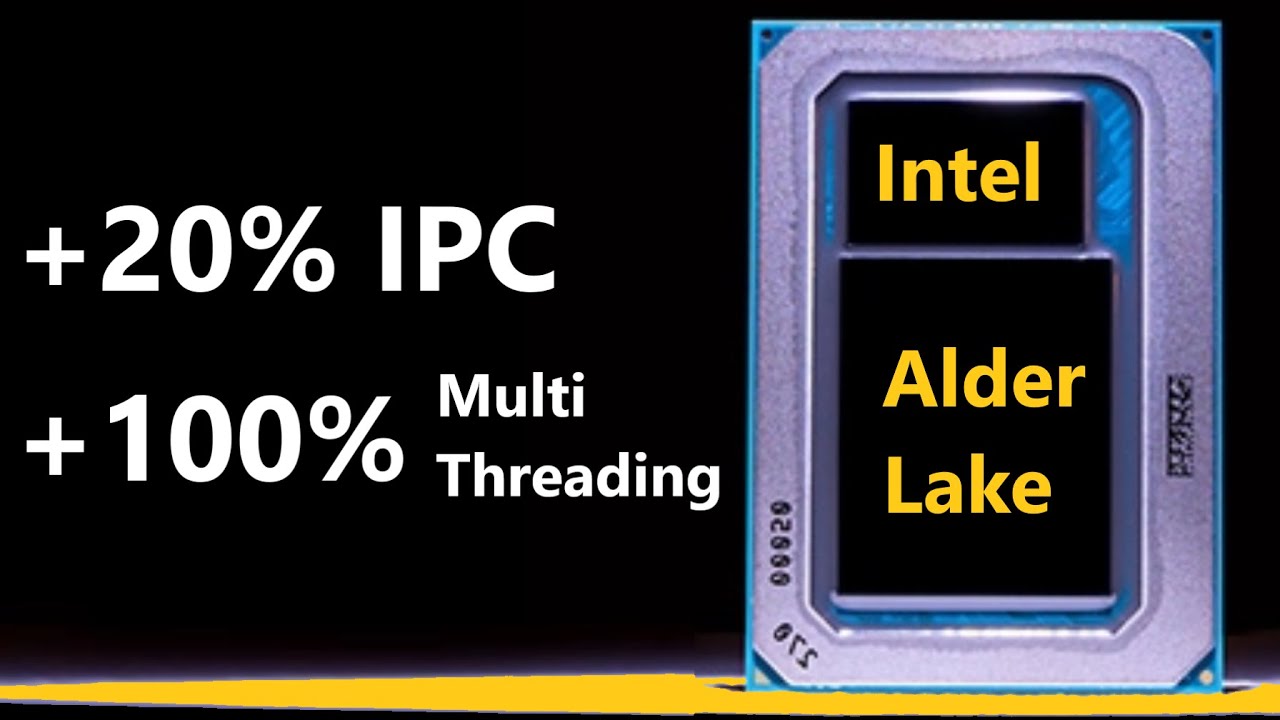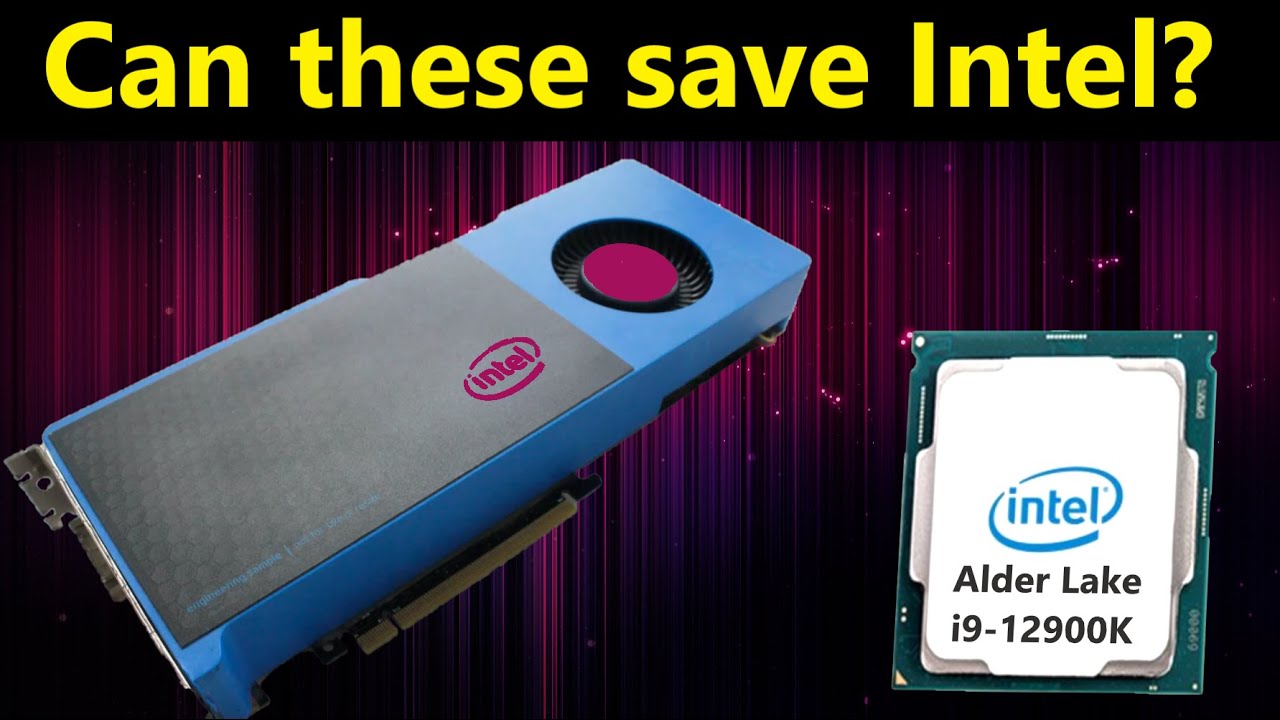
Alright, so as time goes on, my workload is getting heavier and heavier. I’m honestly seeing 2021 as the year of retirement for my 4 core 4 thread i5 6500  . Not to mention my GPU, which is… Yeah. Don’t even ask. In regards to the latter, the new consoles are out making the GPU that much more obsolete. But back to the point, the system just isn’t cutting it. This isn’t a “what should I upgrade to” discussion. I merely want to preface it with the subject of Intel’s new Alder Lake architecture and speculation/talk of its capabilities.
. Not to mention my GPU, which is… Yeah. Don’t even ask. In regards to the latter, the new consoles are out making the GPU that much more obsolete. But back to the point, the system just isn’t cutting it. This isn’t a “what should I upgrade to” discussion. I merely want to preface it with the subject of Intel’s new Alder Lake architecture and speculation/talk of its capabilities.
I remember reading somewhere there’ll be an increase of 56% in IPC?  But now i’m finding around 20%. In any case, I think this is the most significant increase in a long, long time. Since the Nehalem days. And we all remember that architecture as revolutionary; once Intel hit 45nm. And it was rightfully so. But I even pointed out in a thread years ago that performance has started to slow down. It was pretty easy to notice. Regardless of seeing benchmark scores. It was evident in gaming and just in every day use. On that note, I’d love it if someone would post a generational breakdown of each increase in performance for every Intel CPU so we can further analyze this.
But now i’m finding around 20%. In any case, I think this is the most significant increase in a long, long time. Since the Nehalem days. And we all remember that architecture as revolutionary; once Intel hit 45nm. And it was rightfully so. But I even pointed out in a thread years ago that performance has started to slow down. It was pretty easy to notice. Regardless of seeing benchmark scores. It was evident in gaming and just in every day use. On that note, I’d love it if someone would post a generational breakdown of each increase in performance for every Intel CPU so we can further analyze this.
But going to the matter at hand, I wanted to speak my mind and throw around some ideas looming in my mind regarding hypothetical CPU configurations and hear back from people who know more about hardware than me; someone who has perhaps worked directly in the field or otherwise. How difficult would it be for a hypothetical Alder Lake 12700K to be running at a base frequency of 4.0 GHz? We will assume this CPU to be an 8 Core, multi-threaded part with an additional 8 Gracemont low-power cores. Bringing in the i7 6700K for comparison, it was a 4 Core, 8 thread CPU with a 4.0 GHz base frequency with a 91W(?) TDP. I used to look at that TDP number for the 8 core CPUs of today with disappointment. But considering the increase in cores, 125W isn’t really bad. On the other hand it’s actually kind of impressive. Yes, such CPUs are typically around the 3.8GHz area; a slight decrease in frequency. But regardless you’d think something closer to 180W would be the norm, so I can’t complain.
My OCD (i’m seriously OCD if anyone from the forum knows me) tells me that waiting until the first single-digit die size CPUs from Intel is smart. But on the other hand, I believe that Moore Law is already dead, and it’s simply dying a slower, more graceful (or painful?) death. Once Intel reaches 7nm or 5nm it won’t matter and there won’t be another Nehalem on the horizon. I believe Alder Lake is the best increase in performance we’re going to see for a while.
What does everyone else think about Alder Lake and how it will shape up?
 apparently you’ve been gone 4 years. And apparently people didn’t wanna talk about Intel so no one posted in the thread till you came along
apparently you’ve been gone 4 years. And apparently people didn’t wanna talk about Intel so no one posted in the thread till you came along 
